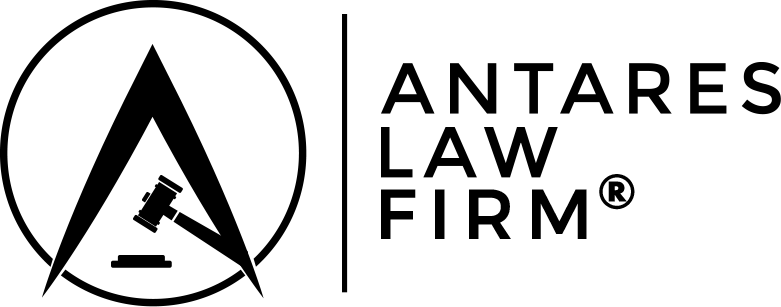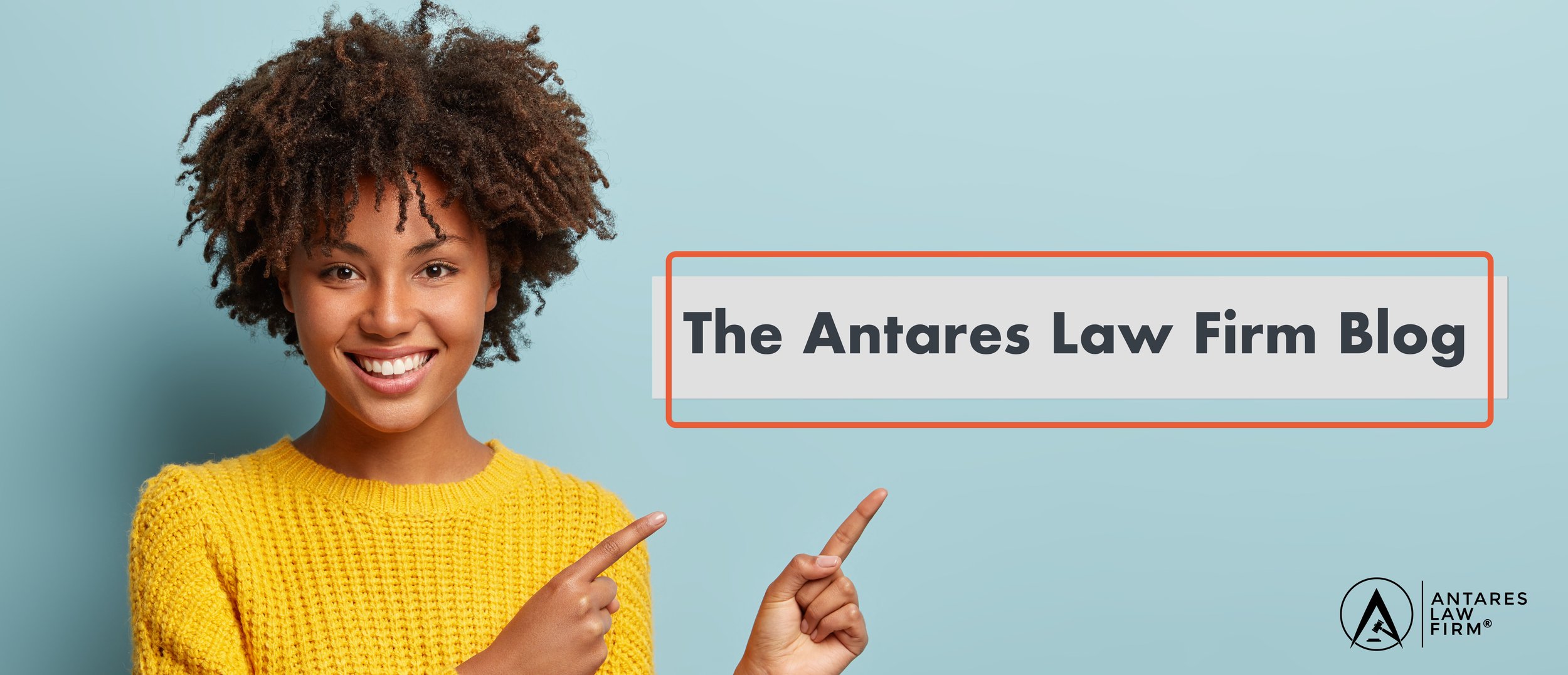Federal Trademark v. Common Law Trademark
When a trademark applicant secures a trademark registration with the USPTO, they are establishing what is considered prima facie evidence that the registered trademark is valid. Meaning the registration itself provides proof that the applicant owns the mark, the applicant has exclusive right to use the mark in commerce, and the applicant has been continuously using the trademark in commerce since the filing date of the application. That’s why having a trademark registration is a powerful thing.
Nevertheless, there are instances when a business owner has not filed for a trademark, but has been using a mark in commerce, where that business owner may be able to establish trademark rights in the mark under common law.
Common Law Trademark Rights
Unlike many other countries, trademark rights in the United States are use-based. Meaning that both registered and common law trademarks are conferred by using a mark in association with the provision of goods or services. To establish the existence of a common law trademark rights, a common law trademark holder must demonstrate that its trademark is (1) used in commerce, and (2) is distinctive among United States consumers.
Limitations
A common law trademark owner does not enjoy the same level of protection and privilege as a USPTO trademark registrant. Common law trademark holders cannot use the circle R symbol on their branding. Further, common law trademark rights are generally limited geographically where the mark is actually used and, in some cases, where the business may naturally expand.
A USPTO trademark registration grants nationwide protection and opens doors for international trademark registration. A USPTO registrant enjoys incontestability status after five years of continuous use after the date of its initial registration. An incontestable trademark serves as conclusive evidence regarding the validity and registration of the trademark, as well as the trademark registrant’s ownership and exclusive right to use the trademark in connection with the registered goods and services. Incontestability, however, does not “quiet title” in the sense of quashing all claims of prior rights. Instead, incontestability quashes certain grounds for challenging the registration and strengthens the evidentiary status of the registrant’s right to use the mark as against persons who are not prior users. Although some judicial decisions refer to incontestability as an impenetrable “shield” protecting the trademark registration or the right to use the mark, even incontestable registration are not bulletproof from challenges by prior users.
Common law trademarks do not enjoy the presumption of ownership. Instead, the burden of proof will lie on the party asserting the common law trademark rights.
Can Common Law Trademarks Prevail Over Federal Trademarks?
In some circumstances a prior use of an unregistered mark may prevail over a junior USPTO federal registration. When a common law trademark holder can prove a first-use date that is earlier than a federal registration in a certain geographical area, the common law trademark hold may prevail only in the applicable geographical area.
Although Section 22 of the Lanham Act provides that a USPTO registration creates a constructive notice of the registrant’s claim of ownership, thereby precluding anyone else including prior users from claiming good faith, innocent use, or expanded use of the same mark after the date of registration, in some instances, a prior user can cancel a junior user’s registration within five years of its date of registration. After a trademark hold has held its trademark registration for more than five years, the mark becomes an incontestable registration. A prior user will not generally be able to cancel a junior user's incontestable registration and may, at best, be able to secure an injunction in territories where the prior user has used the mark in commerce.
Considerations
We encourage all business owners to secure their trademark rights through a USPTO registration, but if you find yourself litigating a trademark lawsuit, you may be able to protect your unregistered branding under common law. Consult with the Antares Law Firm team today.
— LAILA GHAURI, ESQ., TRADEMARK, ANTARES LAW FIRM




